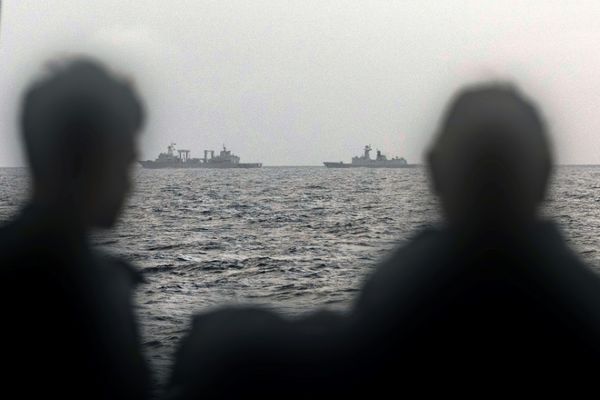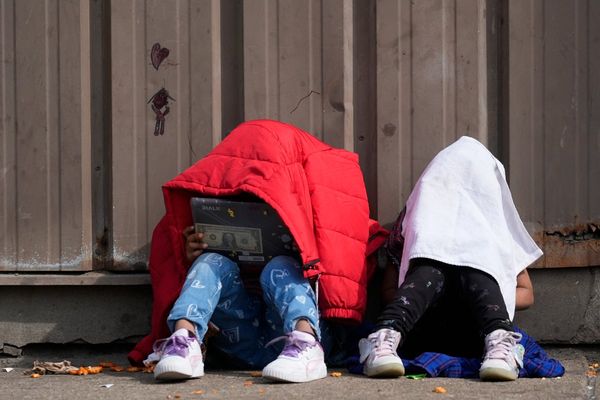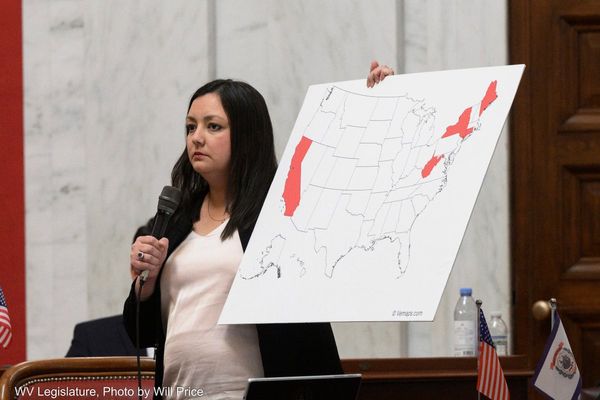
Twenty-three years after Nelson Mandela donned the Springboks jersey and cap to unite a nation, South Africa has a new hero.
Siya Kolisi was only four years old when the president walked on to Ellis Park to celebrate his country's victory at the 1995 Rugby World Cup final.
At that time the young boy was being raised by his grandmother in poverty in the township of Zwide in Port Elizabeth.
He never dreamed of being a rugby player and his main focus was finding food to survive. His grandmother died when he was 10 and his mother followed six years later.
Kolisi's potential at rugby emerged when he was awarded a place at a public school thanks to an outreach programme helping students from disadvantaged communities.
According to his boarding master at Grey High School, he could not speak a word of English but had "something special".
He represented his school and went on to play for Eastern Province, the Cape Town Stormers and the national under-20s side before winning his first cap in 2013.
Along the way he battled - like many others - against the assumption he was only earning his place because of the “quota” system which aims to make sure black players make up half of the Springbok team by the 2019 World Cup.
The decline in fortunes of the national team, and a recent run of bad results against Wales and Ireland, have led to calls for the quota to be dropped.
Nobody, however, has suggested that Kolisi was not in the team on merit.

Kolisi is inspiring more black players to take up the historically white-dominated sport (PA)
His appointment as captain by new coach Rassie Erasmus for the first Test against England was hailed as a landmark moment for a sport still haunted by its links to Apartheid.
Kolisi walked out on to Ellis Park on Saturday wearing the same number six jersey worn by Francois Pienaar and Nelson Mandela.
With the thrilling 42-39 victory over England, he is now inspiring more black players to take up the historically white-dominated sport and continue the work of Nelson Mandela.
"I don't see rugby as a job, I love doing what I do and I want to inspire as many people as I can especially those from the same background as me," Kolisi has told Rugby World.
"It's vital people are an example for younger kids, show them how you can make it in South Africa so they don't have to look elsewhere for role models, to America or other countries.
"No matter where you come from, if you put hard work in you can achieve. Kids in South Africa hopefully see people like me make it and give back to less fortunate people.”
The former Springbok winger Bryan Habana told the BBC: "It's a monumental moment for South African rugby, and a moment in South African history.
"From where Siya has come from … his humble beginnings, having worked unbelievably hard to get to this moment - it's absolutely fantastic.”







